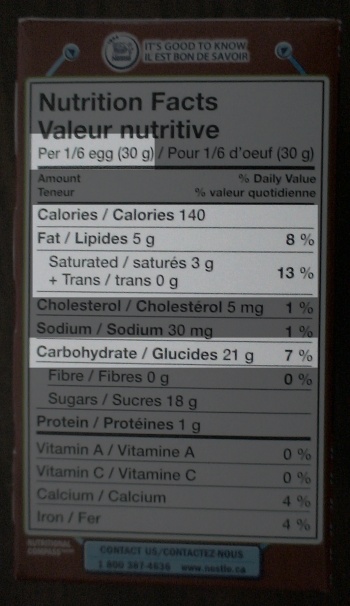I started this blog in January of 2004 and it’s been a hobby that I’ve enjoyed immensely. The original purpose of putting permanence to my daily thoughts on Canadian politics was to support my somewhat ambitious bid to become the Conservative candidate in Kingston and the Islands. This blog served as a campaign tool to reach out to Conservative party members in that riding in order to do as any other hopeful politician would do: build a name, get out the vote.
In an unfortunate sense, the blog medium and its scope was national rather than local. I was writing about federal politics, the Conservative leadership race and my candidacy for nomination. I was using an axe where I needed a scalpel. As an early adopter of Canadian partisan blogging, I would say that the same effect would not occur today; one can effectively define a local niche while enunciating on federal politics because the vacuum of the new medium that existed has been effectively filled.
Yet, in perhaps its more critical sense, I see political blogging now as I did then. Blogging is an important outlet by which we, as stakeholders in our democracy, can discuss ideas of importance to us as a country, as members of various communities and as individuals. As someone with great admiration and support for the original Reform and Alliance movements, I can confidently say that our democracy is strengthened by the expression of a broad spectrum of ideas that come from individuals with diverse experiences. Blogging lowers the threshold of access to the forums of free expression in a true marketplace of ideas.
What used to be an effective tool of scoundrels who wished to twist this open system unfairly to their own view was to say that the views of others were unCanadian. This strikes personally and directly upon one’s sense of loyalties because if we are to consider what is paramount in our list of allegiances, most of us would consider family and country among the top two (some reasonable people would include God within their short list as well). At the root of family allegiance is consanguinity, but that to God and country is rooted in values. Most religionists and nationalists derive their loyalty from creed; while a familial bond can exist within both, it is the values of religion and state from which most people find their respective loyalty.
So therefore, we can look to first principles and determine that it is values that is fundamental to any attachment to a collective called Canada.
But yet, this collective is one of divergent values.
Some Canadians believe that Canada ought to fund universal, fully public access to healthcare while some believe that a private, free-to-choose, market-based system is better for themselves and Canada. Neither of these views is unCanadian.
There are Canadians that believe that Canada ought to fight for the security and reconstruction of Afghanistan while others say that Canada should not involve itself with the affairs of the Afghan people. Neither of these views is unCanadian.
Those that argue that private healthcare is “American-style” or that leaving Afghanistan is unCanadian are using our loyalties as leverage to support their views but they are being dishonest to our principle value which is open discussion and freely held positions on difficult issues.
I would argue that instead it is the prohibition of ideological diversity that is solely unCanadian, for the suppression of thought and the ability to express it within the context of the dynamic Canadian debate, is to remove the underlying value that is common among those which form the diversity of this country’s discussions. If we cannot freely consider all points in debate how does this fare for the legitimacy of our conclusions?
Most people would conclude that some positions are indefensible. While also inherently incongruent, the suppression of speech by a state defined by democratic debate is such a position. Despite this, I support the right of those that would wish to convince me otherwise, yet with their words rather than the state.


